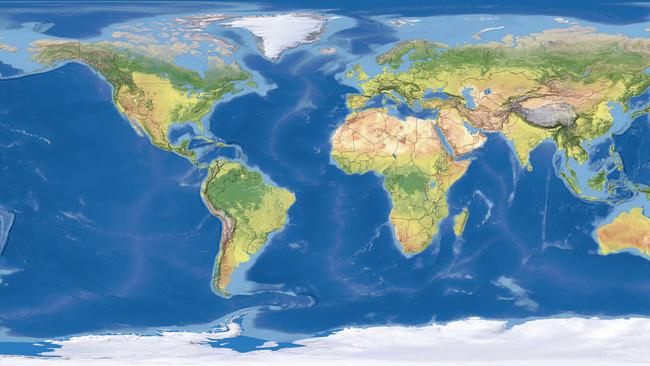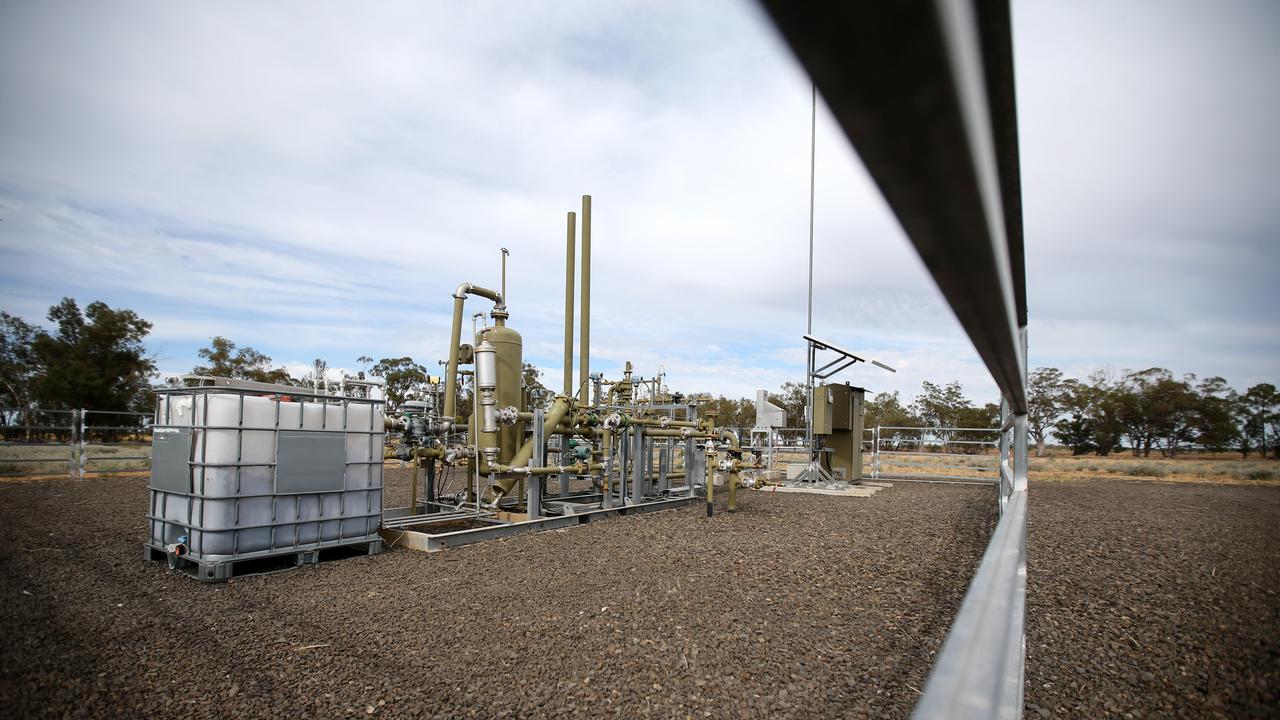
Mapping software company Nearmap has hired investment bank Citi and law firm DLA Piper after receiving a $1.1bn buyout proposal from software-focused private equity firm Thoma Bravo that sources believe has been a long time coming.
The $2.10 per share cash bid values the company’s equity at about $1.1bn.
Some market insiders on Monday were saying that a buyout has been on the cards for months after receiving some other expressions of interest from bidders which the company says were not in shareholder’s best interest.
But according to sources, Nearmap’s management and board have taken the view that the software company is better off in private hands because it is not being ascribed enough value by Australian investors and has been seeking out possible buyers.
The company’s share price peaked in 2019 at more than $4.
The offer is a 39 per cent premium to Nearmap’s closing share price of $1.51 on Friday, a 67 per cent premium over its six months volume weighted average price and an 83 per cent premium to its $1.15 per share price on July 5, the day before the bid was made.
Sources say that Australian institutional investors have lost patience with the group given that it remains loss making and twice told the market that it was not planning to raise equity then turned around and tapped the market, securing $70m through a placement carried out by Macquarie Capital and Canaccord in 2018 and raising about $25m two years earlier.
But some investors take the view that the timing of the deal is in some ways disappointing after delivering a loss of $20m for the 2022 financial year because the company was improving, and the additional funds from the raise were needed to invest in the business.
They believe that it appears the company is highly motivated to sell by its move to pay Thoma Bravo an expense reimbursement fee of up to $US3m if an agreement is not reached following the exclusive due diligence it has been offered seven days of due diligence from August 15.
The largest Australian institutional shareholders on the register are Selector Funds Management and QVG Capital.
Nearmap has been in play since July 6 when a bid was received and Thoma Bravo, which is using law firm Gilbert + Tobin, has already been carrying out due diligence.
It is an Australian aerial imagery technology and location data company that provides frequently-updated, high-resolution aerial imagery of 90 per cent of Australia‘s population, 80 per cent of the United States population, 75 per cent of the New Zealand population, and 65 per cent of Canada’s population.
The US-based Thoma Bravo is one of the largest private equity firms in the world with more than $Us114bn in assets under management, investing in growth oriented companies in the software and technology sectors.
It has invested in more than 380 companies worth over $US190bn collectively on an enterprise value basis.
One market expert says that a deal makes sense for Nearmap because they face the limitations of the Australian capital markets to support global businesses, which they believed were too narrow and parochial in focus.
Location based data and analytics presented major opportunities for global groups and a company such as Thoma Bravo would be able to grow Nearmap into a global behemoth in the area and eventually bring it back on the US exchanges.
The pending buyout also demonstrates the trend of global technology companies looking for opportunities among beaten down stocks, with the US technology listed market gaining more than 20 per cent in recent months, although it remains down about 18 per cent since the start of the year.
This is after technology companies rallied strongly amid the global pandemic.
On Monday while announcing the offer, Nearmap said it expected its annual contract value (ACV) portfolio to be $159.9m at a constant currency rate, which is at the top of its initial guidance for the 2022 financial year of between $150m and $160m and compares to $128.2m at June 30, 2021.
The group cash balance is expected to be $93.7m after using $20m of capital raising proceeds during the 2022 financial year, excluding litigation, to support the growth of the business.
This compares to the initial guidance of about $30m.




To join the conversation, please log in. Don't have an account? Register
Join the conversation, you are commenting as Logout